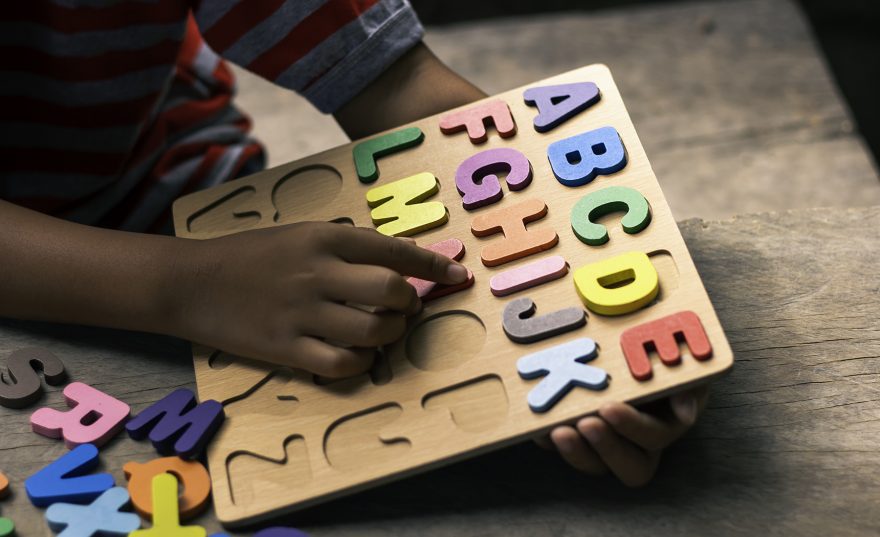An EdWeek Market Brief survey looks at the product innovations that district and school leaders and teachers wish companies would produce, but don’t.
We Asked Educators: What Innovative Products Are Missing From the Market?
An Open-Ended EdWeek Market Brief Survey Looks at What Education Companies Are Not Delivering, But Could










